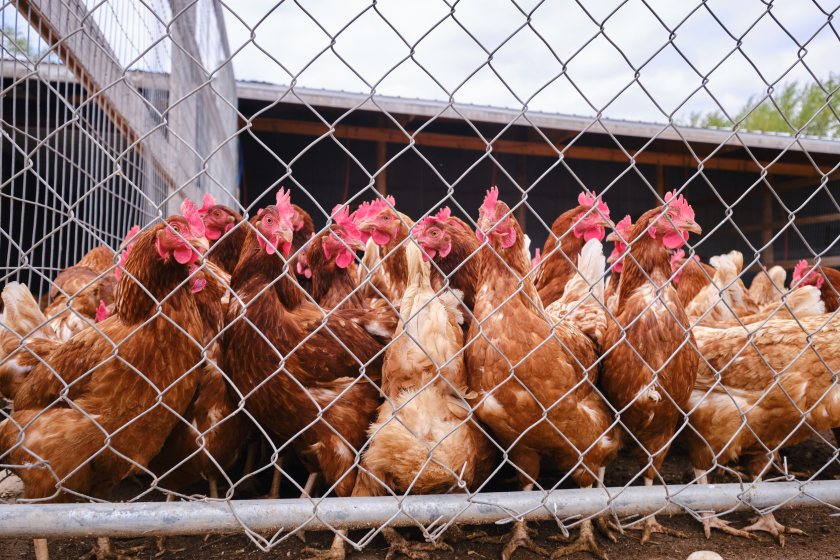
A controversial bird flu proposal by the US's Secretary of Health Robert F. Kennedy Jr. has sparked widespread criticism from scientific and veterinary communities.
Speaking at the recent International Egg Commission (IEC) Conference in Tenerife, Mr Kennedy suggested farmers should intentionally spread avian influenza in poultry flocks to identify birds with natural immunity to the deadly virus.
His comments come amid growing concern over the ongoing avian influenza crisis, which has led to the culling of approximately 126 million hens in the US over the past three years—almost half the national flock.
While the Biden and Trump administrations have previously leaned heavily on mass culling and are now investing in vaccines, Mr Kennedy’s suggestion marks a drastic shift in strategy.
The proposal was swiftly condemned by veterinary and scientific experts. Rocio Crespo, a poultry veterinarian at North Carolina State University, described the idea as “crazy” and warned it would lead to “an unimaginable number of poultry deaths.”
“Avian influenza attacks every single organ of the bird,” said Mr Crespo. “It results in the rapid and complete destruction of the flock.”
Matt Koci, an immunologist and virologist at North Carolina State University, added that the H5N1 virus has such a fast-acting impact that birds “can never develop the antibodies to fight off the flu.”
He dismissed the idea of breeding resistance into commercial poultry, stating “genetic resistance in chickens and turkeys does not exist.”
Mr Koci pointed to past research, such as work by Professor Huaijun Zhou at the University of California, Davis, which found only minimal survival benefits from hundreds of genetic variants in other viral diseases like Newcastle disease.
In addition to the health risks, experts argue that Mr Kennedy’s so-called “let-it-rip” approach would worsen the outbreak.
Mr Koci warned that the spread of the virus would lead to an increase in environmental viral load, escalating the threat to both poultry and humans.
“This strategy demonstrates a deep misunderstanding of how poultry farming and disease resistance work,” he said.
Until recently, culling and rigorous biosecurity protocols were the standard methods for controlling bird flu in the United States.
However, the evolving strain of the virus has presented new year-round transmission risks, prompting researchers to explore better long-term solutions, including vaccines that could reduce both mortality and transmission.
Despite the backlash, Agriculture Secretary Brooke Rollins has echoed some support for trialling the controversial strategy.
In a recent interview with Fox News, Mr Rollins claimed some farmers were interested in testing the approach.
Nevertheless, the Department of Health and Human Services clarified its stance, with Deputy Press Secretary Emily Hilliard stating: “Culling puts people at the highest risk. Strict biosecurity is the solution.
"We want to keep people away from the most dangerous variant of the current avian flu.”
